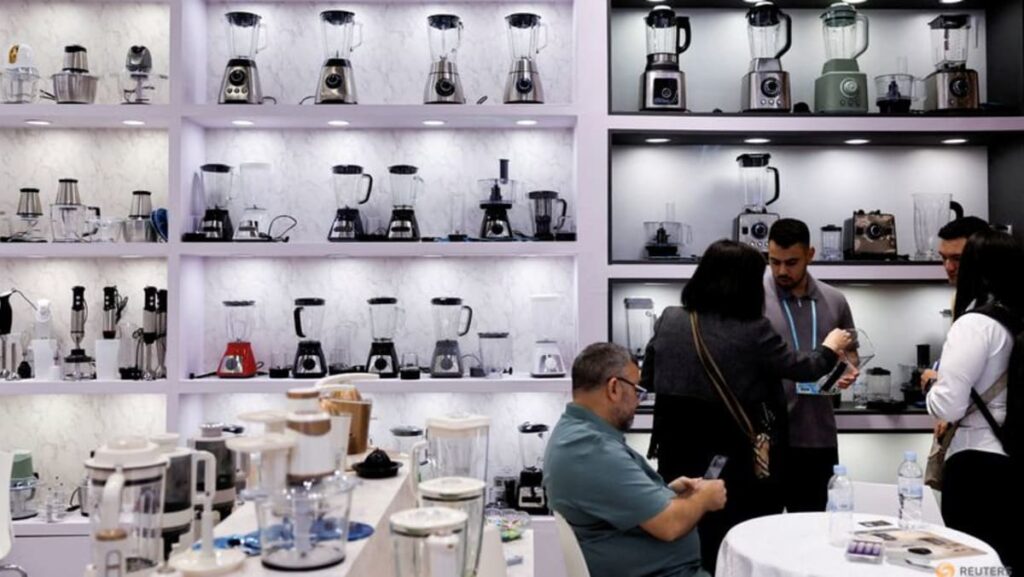SINGAPORE: Once regarded as China’s equivalent to Apple’s Beats Electronics, 1MORE provided stylish yet budget-friendly audio gear that resonated with a growing audience of young, tech-oriented consumers around the world.
Despite having sold up to 300 million units globally, the Chinese audio company 1MORE is now changing its approach by focusing more on the domestic market. This shift comes amid increasing tensions between the US and China, which have been exacerbated by ongoing tariff conflicts.
To promote its products, 1MORE has partnered with JD.com, one of China’s leading e-commerce platforms. Analysts see this as part of a broader trend, especially as consumer confidence remains low and government efforts to stimulate local spending have not been very effective.
Nevertheless, 1MORE is optimistic about its new direction.
“Aligning with JD.com has allowed 1MORE to utilize the platform’s extensive reach to enhance sales and brand recognition, while also demonstrating the quality and technological capabilities of our products,” stated Cai Yunhui, the company’s COO, noting that sales on the platform have surged by nearly 20 percent in just the last two weeks.
“Since we maintain consistent quality standards for both domestic and international markets, no alterations were required for products transitioning to local sales.”
SUPPORT FOR BUSINESSES AFFECTED BY TARIFFS
The US-China trade dispute has intensified, plunging the two nations into a new era of global economic uncertainty.
Since taking office again in January, US President Donald Trump has enacted additional tariffs reaching up to 145 percent on Chinese imports, prompting China to retaliate with tariffs of up to 125 percent on US products.
Although formal trade discussions have not yet occurred, China has begun to offer tariff exemptions on certain items, reportedly listing US-made products for exemption—an approach that observers believe allows Beijing to maintain its public stance while making more practical concessions behind the scenes.
China has encouraged exporters to focus on its vast domestic market by unveiling strategies and incentives designed to assist businesses facing the consequences of tariffs.
Set to begin on May 20, the newly passed Private Economy Promotion Law includes measures aimed at fostering fair competition, facilitating access to investment and funding, and protecting rights.
In practice, Chinese technology and retail companies are also increasing efforts to support exporters impacted by US tariffs.
As part of a 200 billion yuan (approximately US$27.6 billion) initiative announced on April 11, JD.com has committed to aiding exporters in selling their products domestically over the coming year.
Employees will be dispatched to work with Chinese firms engaged in foreign trade, directly purchasing their “high-quality products” and creating dedicated sections on its e-commerce platform for showcasing these goods, along with offering targeted traffic and marketing support.


